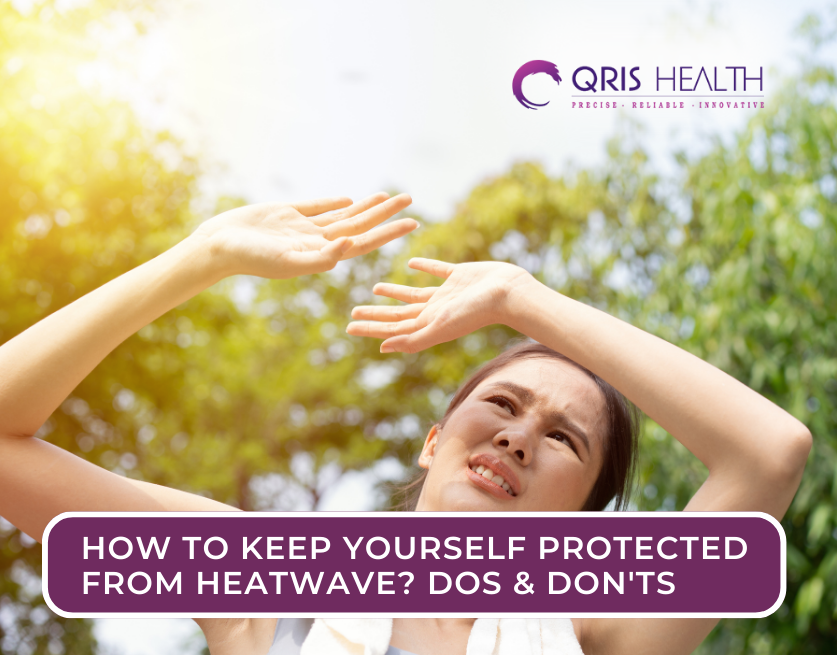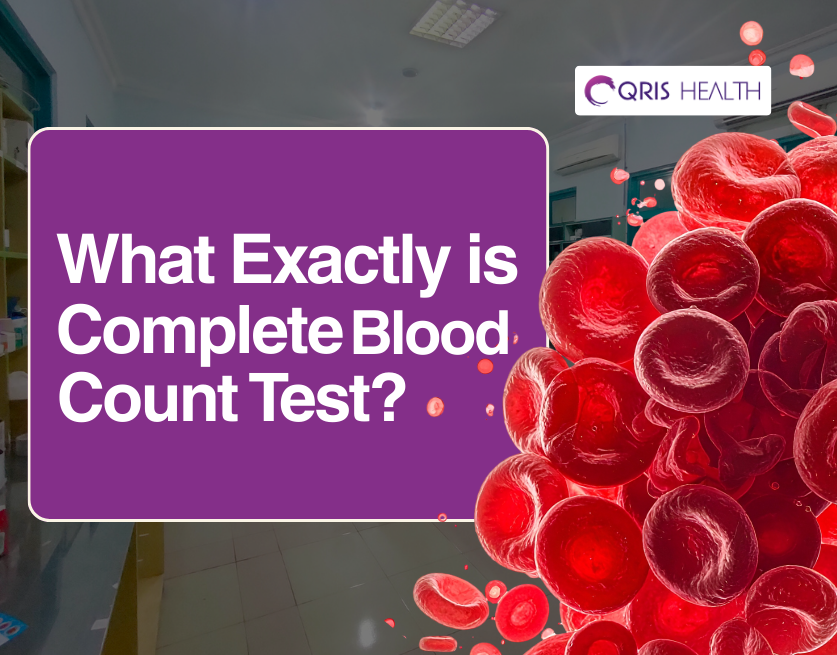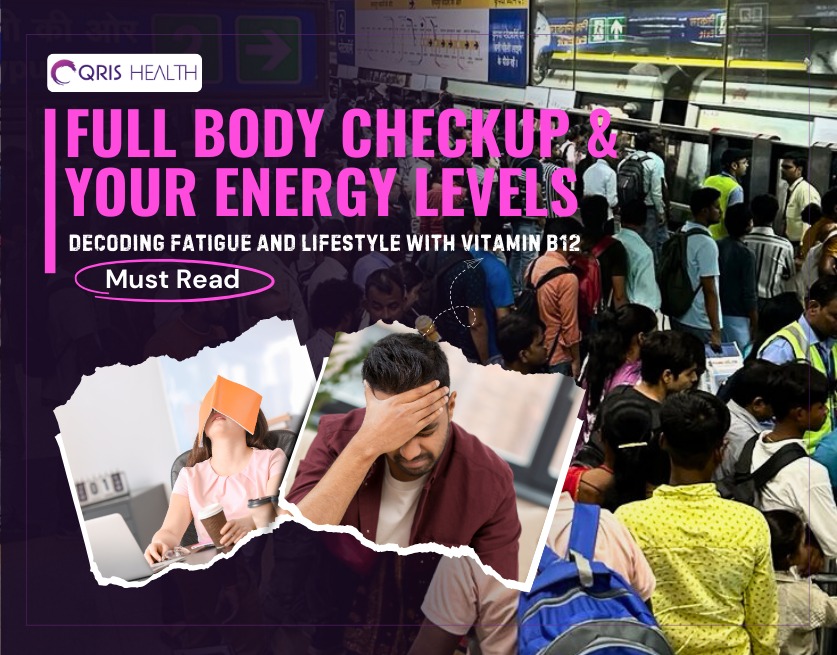Heat waves could lead to serious issues and can be an invitation to several illnesses. Remember those alerts being announced that protect yourself from extreme heat? It is not a joke, for sure. The scorching summer is something that everyone wants to stay away from. The question is how to protect yourself completely from it. Some people wonder if it is possible by any means. We have everything covered for you. Just keep reading. Heatwave health hazards are serious, and you need to be careful to avoid the most deadly heat stroke.
Deadly Heatwaves
Heatwaves are situations where extreme heat and humidity take a toll on your health. Elderly people, patients, children and even a healthy body may be affected by it in a very serious way. You need to read the signs like extreme thirst, stomachache, fever, pain in the body, loose motion and more in your body and you need to take instant precautions.
Do's & Don'ts to Follow To Protect Ownself During Heatwave
Stay Hydrated
You must have heard your parents saying to drink ample water. Most of you would have also read water is life. It is essential to maintain the water level so that the body never gets dehydrated. Make sure to add at least 8 glasses of water to your daily routine. Alcohol and caffeine are a big no during extremely hot days as they might lead to dehydration. Sports drinks or fresh juices are always advantageous as they replace the lost salt, sugar and water content while sweating.
Keeping Yourself Cool
Precaution is always better than treatment, and the first step in keeping yourself cool starts by staying indoors during extreme heat hours. Spending time in air conditioning areas is also a good thing. If you don't have a temperature controller at home, you can go to some cafes, malls or similar communities. Showering under cold water has been a traditional habit for ages, and in the present time, it can save you from extreme heat.
Cloth Selection
Tight and dark-coloured clothes are not advisable in this temperature. Avoid any synthetic material, and try to dress in cotton or lightwear. Wearing glasses and hats is a good thing to


 Health Risks of Inactive Lifestyle.jpg)
 Health effects of smoking.jpg)


